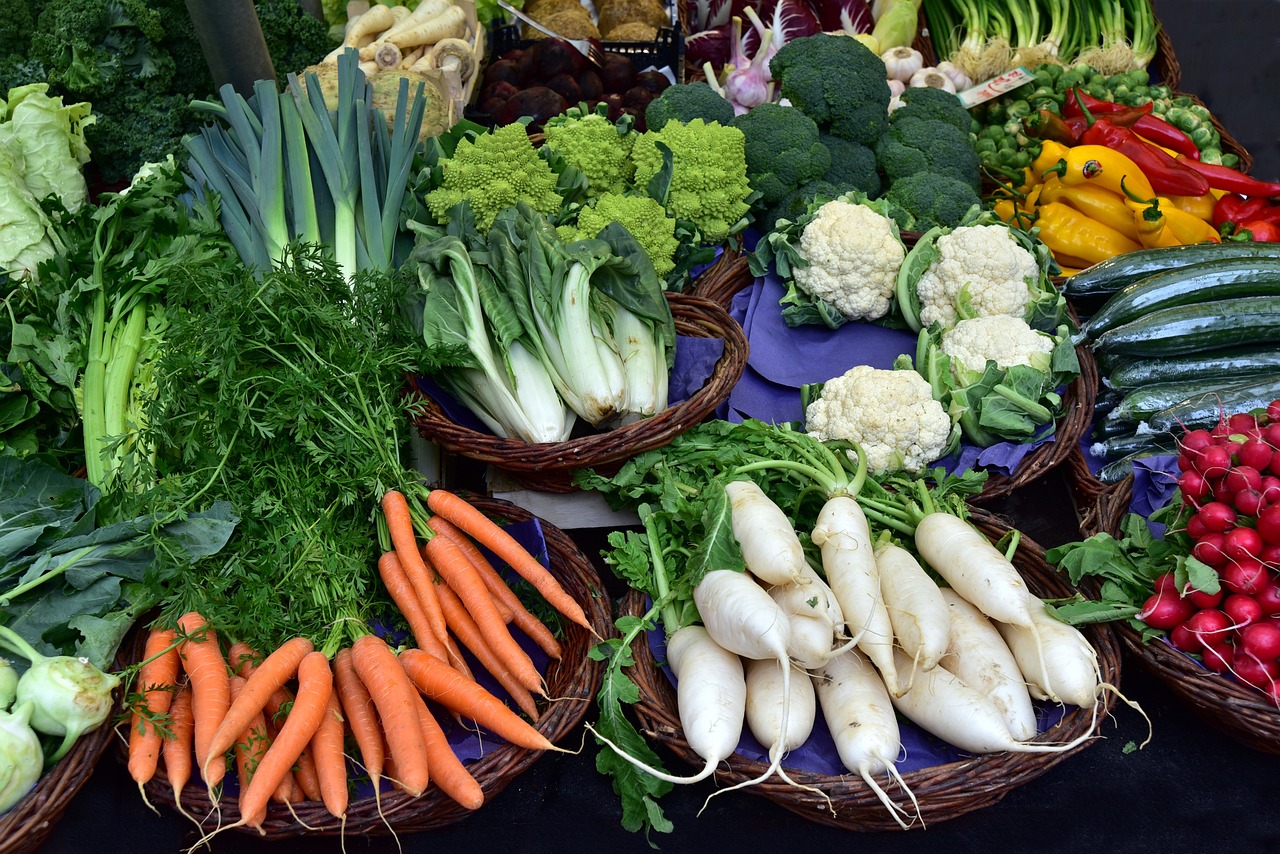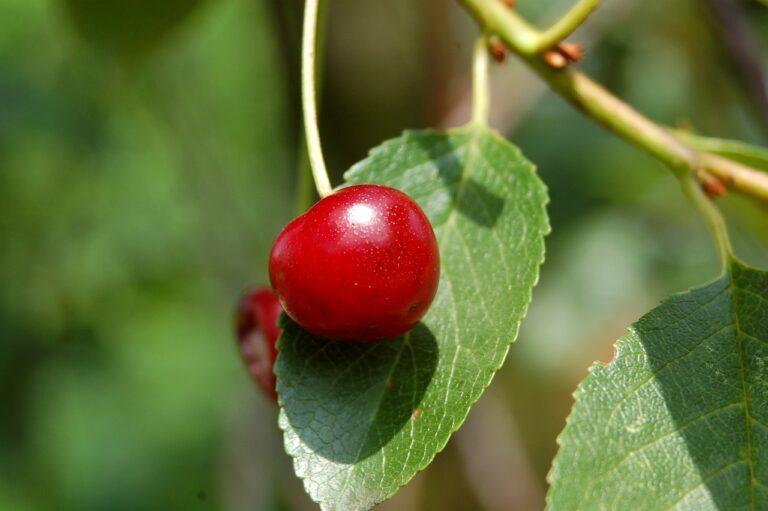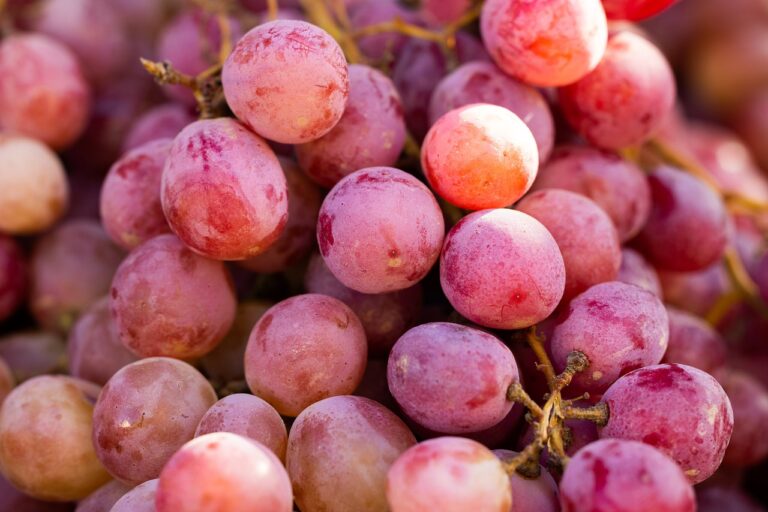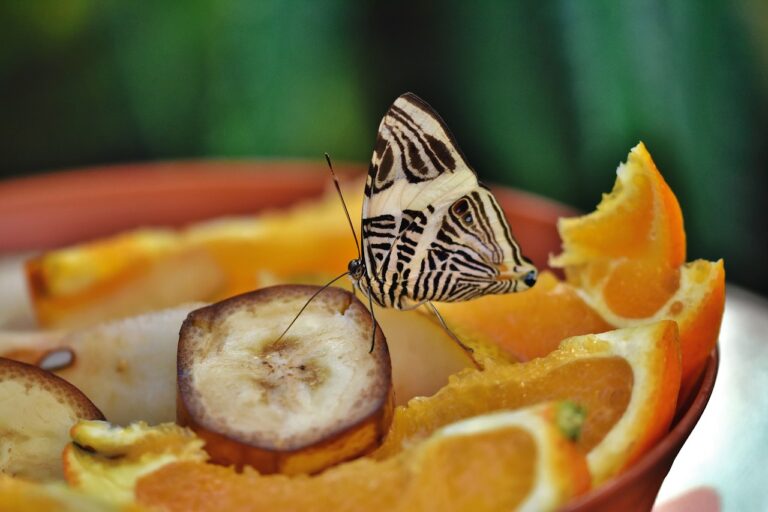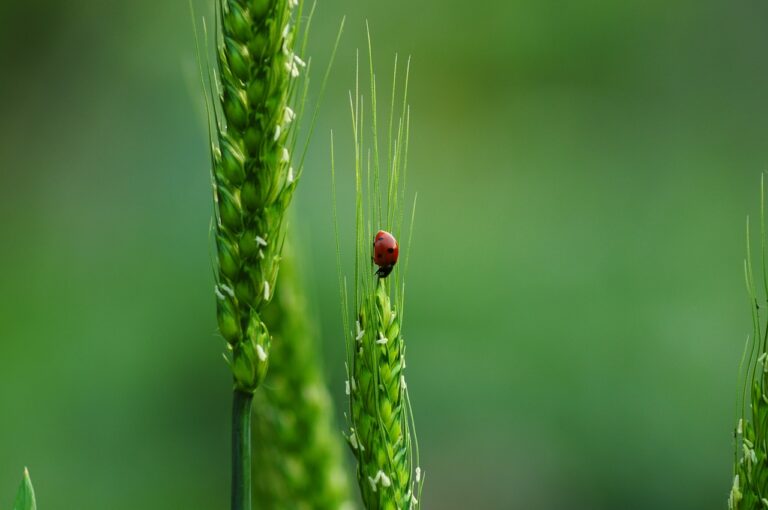Examining the Cultural Significance of Snack Foods: All panel, Cricbet99, Lotus365win login
all panel, cricbet99, lotus365win login: Examining the Cultural Significance of Snack Foods
Snack foods have become an integral part of our daily lives. From potato chips to cookies to popcorn, these tasty treats are not just about satisfying our hunger between meals but also hold cultural significance in various societies around the world. In this article, we will delve into the history and cultural impact of snack foods, exploring how they have evolved over time and why they continue to play a vital role in our daily routines.
The History of Snack Foods
Snack foods have been around for centuries, with ancient civilizations indulging in various forms of snacks to curb hunger and provide a quick energy boost. In ancient Rome, for example, soldiers would carry small snacks made of grains and nuts to sustain them during long marches and battles. Similarly, the ancient Greeks enjoyed a snack called “pasteli,” made of sesame seeds and honey, for a quick pick-me-up.
Fast forward to the 20th century, and the snack food industry exploded with the invention of packaged snacks such as potato chips, pretzels, and popcorn. Companies like Frito-Lay and Hershey’s capitalized on the growing demand for convenient, on-the-go snacks, paving the way for the modern snack food industry we know today.
Cultural Significance of Snack Foods
Snack foods are not just about satisfying hunger; they also hold cultural significance in different societies. In many cultures, snacks are a way to bond with family and friends, whether it’s sharing a bowl of popcorn while watching a movie or enjoying pastries with a cup of tea during a social gathering. Snacks are also deeply ingrained in our traditions and rituals, with certain foods being served during holidays and celebrations.
Moreover, snack foods often reflect the culinary traditions of a particular region or country. For example, in Japan, rice crackers known as “senbei” are a popular snack that has been enjoyed for centuries. Similarly, in Mexico, street vendors sell “churros,” a fried dough pastry coated in sugar and cinnamon, as a beloved snack enjoyed by people of all ages.
In addition to cultural traditions, snack foods can also be a form of self-expression and identity. Whether it’s choosing healthier snack options like kale chips and fruit bars or indulging in decadent treats like chocolate-covered pretzels and cheese puffs, our snack choices can say a lot about our personal tastes and preferences.
Evolution of Snack Foods
As our society continues to evolve, so do our snacking habits. With the rise of health-conscious consumers, the snack food industry has seen a shift towards healthier, more nutritious options. Companies are now offering snacks that are gluten-free, organic, and low in sugar to cater to the growing demand for healthier alternatives.
Moreover, the globalization of food has also influenced the types of snacks available to consumers. International snacks like seaweed crisps from Korea, hummus and pita chips from the Middle East, and jerk-seasoned plantain chips from the Caribbean have become popular in markets around the world, introducing consumers to new flavors and ingredients.
Despite these changes, traditional snack foods like potato chips and popcorn continue to dominate the market, with companies constantly innovating to create new flavors and varieties to keep consumers engaged. From sriracha-flavored chips to caramel popcorn with sea salt, the possibilities are endless when it comes to snack food innovation.
Conclusion
In conclusion, snack foods are more than just a source of sustenance; they are a reflection of our cultural heritage, traditions, and personal preferences. Whether it’s enjoying a bag of chips with friends at a picnic or snacking on granola bars during a hike, snack foods have become a ubiquitous part of our daily lives. By examining the history, cultural significance, and evolution of snack foods, we can gain a deeper appreciation for these tasty treats that bring joy and comfort to people around the world.
FAQs
Q: Are snack foods healthy?
A: It depends on the type of snack food you choose. Some snack foods can be high in sugar, salt, and unhealthy fats, while others can be nutritious and provide essential vitamins and minerals. It’s essential to read labels and choose healthier snack options whenever possible.
Q: Why do people snack?
A: People snack for various reasons, including hunger between meals, cravings for certain foods, socializing with others, and providing a quick energy boost. Snacking can also be a form of emotional eating, where people turn to food for comfort or stress relief.
Q: How can I make healthier snack choices?
A: To make healthier snack choices, opt for whole foods like fruits, vegetables, nuts, and seeds. Avoid processed snacks that are high in sugar, salt, and unhealthy fats. Planning ahead and having nutritious snacks on hand can help you make better choices throughout the day.

